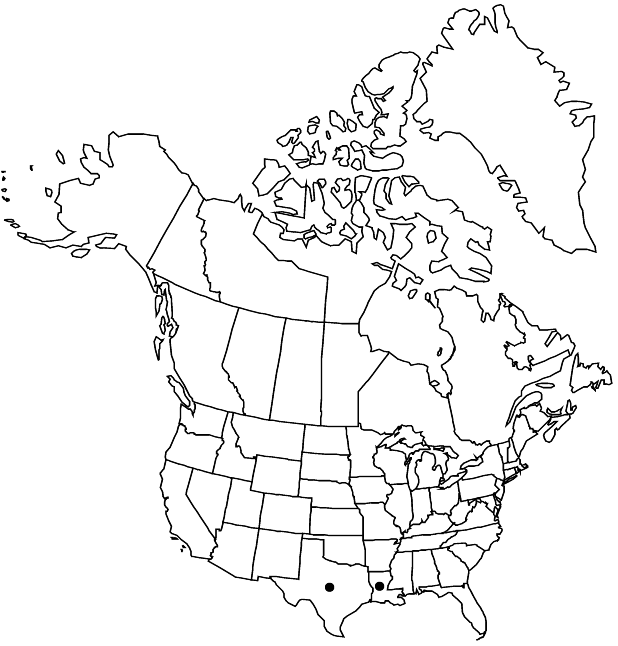Ardisia japonica
Bijdr. Fl. Ned. Ind., 690. 1826,.
Subshrubs, stoloniferous, 0.02–0.3(–0.4) m; branchlets minutely rufous-puberulent, glabrescent. Leaves pseudoverticillate, at times appearing subopposite; petiole 6–10 mm, minutely puberulent; blade elliptic to obovate or lanceolate, 4–7 × 1.5–4 cm, margins serrulate, flat, apex acute, surfaces minutely rufous-puberulent, glabrescent. Inflorescences axillary or subterminal, subumbels, pedunculate, 3–5-flowered; peduncle slender, ca. 5 mm. Pedicels usually curved, 0.7–1 cm, puberulent. Flowers: sepals 5(–6), ovate, to 1.5 mm, margins entire, (ciliate), apex obtuse or acute to acuminate, sometimes punctate, glabrous; petals 5(–6), pink or white, broadly ovate, 4(–5) mm, margins entire, hyaline, membranous, apex acute, densely punctate; stamens shorter than petals; anthers ovate to narrowly ovate, apex acute, punctate abaxially; ovary glabrous; ovules ca. 15, triseriate. Drupes red, becoming blackish, 5–6 mm diam., smooth, ± punctate.
Phenology: Flowering Apr–Jun; fruiting Nov–Jan.
Habitat: Acidic soil
Elevation: 0-200 m
Distribution

Introduced; La., Tex., Asia (China, Japan, Korea).
Discussion
Ardisia japonica has naturalized from cultivation; it does not appear to be invasive.
Selected References
None.